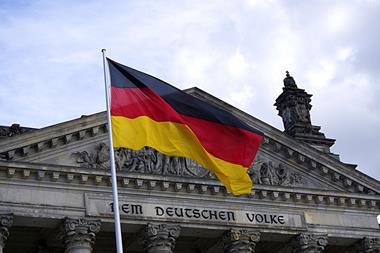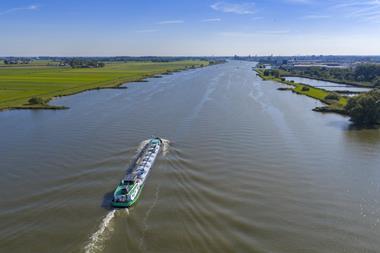Swiss pension funds have already started or are likely to begin re-tendering mandates as the global custody and asset management markets consolidate following the takeover of Credit Suisse by UBS earlier this year.
Pensionskassen with higher exposure to asset management services of the new UBS have already decided to re-tender mandates, Alfredo Fusetti, partner at consultancy PPC Metrics, told IPE replying to questions for IPE’s Swiss country report, published today.
Swiss schemes could decide to tender more mandates and services in the future, depending largely on whether the integration between the two banks will be successful, he added.
They want to make sure that market competition will remain robust in the longer term by tendering mandates.
The fact that a major asset management provider like Credit Suisse will not exist anymore is likely to lead pension funds and other institutional clients to re-assign certain mandates for diversification reasons, also taking into account international managers, said Adrian Schatzmann, chief executive officer of the Asset Management Association Switzerland (AMAS).
According to the latest IPE Switzerland survey, the merged UBS and Credit Suisse entity accounts for 32.9%, or €403.8bn, of the total assets of institutional investors in Switzerland, which are worth an overall total of €1.22trn.
The new UBS ranks first among the asset managers for institutional clients in Switzerland, ahead of Zürcher Kantonalbank with €211.68bn, and Pictet Asset Management with €59.37bn, as of June this year, according to the survey.
| Company | €m | |
|---|---|---|
| 1 | UBS Asset Management | 403,752 (1) |
| 2 | Zürcher Kantonalbank | 211,686 |
| 3 | Pictet Asset Management | 59,371 |
| 4 | Swiss Life Asset Managers | 56,000 |
Source: IPE Research
(1) Represents the combined Swiss institutional assets of UBS Asset Management and Credit Suisse Asset Management. The total is comprised of: UBS AM= €233,439m as at 30/06/23; Credit Suisse AM= €170,313m as at 30/06/22
“The merger [of UBS and Credit Suisse] will reduce the offering, which leads to fewer choices for customers, [and] this usually results in higher prices. If UBS becomes the dominant provider, prices are likely to rise,” Heinz Rothacher, CEO of consultancy Complementa, said.
In terms of investments, Credit Suisse has a wider product offering than UBS, he said, adding that “UBS will try to integrate the successful products [of Credit Suisse]. Integrating former Credit Suisse clients into UBS won’t always be successful, but that is to be expected in a merger.”
Asset management behemoth
The merger will create the third-largest European asset manager, with a combined $1.6trn invested assets, and the eleventh-largest globally.
UBS intends to run the asset management businesses separately at the beginning, and then integrate the asset management division of Credit Suisse to combine two “highly complementary businesses and product offerings”, according to a letter sent to clients seen by IPE.
Its plan is to leverage the merger to scale up sustainability-focused index solutions, active investment and thematic equity strategies, and expand its alternatives offering including real estate, hedge funds, commodities and its collateralised loan obligation (CLO) franchise globally, as well as its stewardship and engagement activities, the letter added.
Geographically, UBS will focus on reinforcing its asset management in Switzerland, simultaneously expanding its footprint in the US and the Asia Pacific (APAC) region, as well as in China, including Credit Suisse’s joint venture with the Industrial and Commercial Bank of China (ICBC), it added.
Credit Suisse holds a 20% stake in the joint venture ICBC Credit Suisse Asset Management Company, with the remaining 80% owned by ICBC itself.
In September, UBS signed a memorandum of understanding with ICBC to explore strategic collaborations across asset management, wealth management, investment and corporate banking, in mainland China and overseas markets, it said.
UBS has also created a Non-core and Legacy (NCL) business division with Credit Suisse’s positions and businesses not aligned with its strategy and policies.
Credit Suisse’s non-core assets include assets and liabilities of the capital release unit, certain assets and liabilities of the investment bank, wealth management and asset management.
Read more
The latest digital edition of IPE’s magazine is now available























